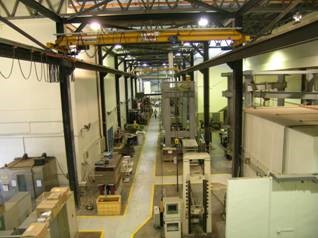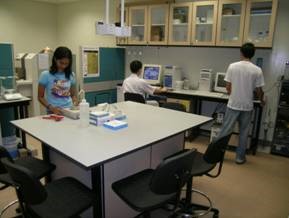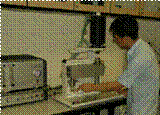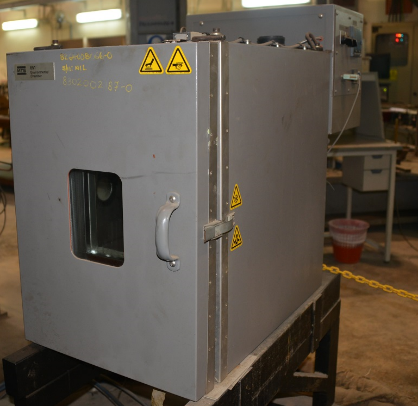-
-
- Bridging Scales from Below: The Role of Heterogeneities in the Global Water and Carbon Budgets
- Increasing Occurrences of Cyanobacterial Blooms Driven by Climate Change Factors
- Carbon Capture and Utilization
- Integrated Coastal-Inland Flood Model for Climate Change
- Pathways for Sustainable and Climate-Resilient Planning of Water-Energy-Food Security Nexus
-
- Air Quality and Health: A Paradigm Shift
- Surface Water Quality and Emerging Contaminants
- Microbial detoxification of persistent organohalide pollutants (POPs)
- Nutrients Removal in Waterbodies via Sustainable Pathways
- Centre for Water Research (CWR) researchers join their forces with U of T researchers for microplastics pollution detection and control in water and wastewater
- Dealing with Hard-To-Treat Industrial Wastewater
- Valorization of Bioresources – Towards a Circular Economy
-
- Intelligent Traffic Diffusion Plan Generation, Effective Assessment and Dissemination Strategies
- Transforming Waste into Resources for Infrastructural Development
- Look-Ahead Integrated Geophysical Investigation System (IGIS) for Singapore Tunnels
- Next-Generation Airport Pavements with Full-Scale Instrumented Testing
-
- Centre for Advanced Materials and Structures (CAMS)
- Centre for Hazards Research (CHR)
- Centre for Resilient Underground Infrastructure and Engineering (CRUISE)
- Centre for Transportation Research (CTR)
- Centre for Water Research (CWR)
- Centre for Resource Circularity and Resilience (CR)2
- Centre for Offshore Research and Engineering (CORE)
- Centre for Environmental Resilience (CES)
- Safety & Health Committee
- Completed Research Projects
- Research Brief
- Achievements (in the media)
Structural Engineering Laboratory
The Structural Engineering Laboratory comprise:
- Structures Laboratory
- Concrete Laboratory
These laboratories support research and teaching activities of the Structural Engineering Programmes, Offshore Engineering Programmes, Centre for Construction Materials and Technology and the Centre for Offshore Research and Engineering.
The total floor area of these laboratories extends more than 1000m2 and is managed by a group of 5 dedicated staff. Latest state-of-the-art equipments are available for use in research and teaching. The combined capital cost of all equipments is estimated to exceed S$10million.
People
Facilities
- A strong floor area of 230 m2 complete with hold down anchors and rails at 1m intervals and a reaction wall measuring 6m high, 6m wide and thickness of 1.5m. These facilities enable testing of specimens in almost any orientation and loadings
- State-of-the-art multi-axis actuator system with 7 servo-hydraulic dynamic actuators of capacities l000kN 650kN and 500kN that can be configured to operate synchronously or individually using digital controls.
- A 10MN servo-hydraulic actuator and testing frame for testing columns up to 5m high and beams, up to 2m wide and 5m long.
- A 20MN servo-hydraulic actuator and testing frame for testing of column up to 4m high and 2m wide.
- An array of general testing frames of capacities l000kN and 2000kN used for static as well as fatigue loading on beam-column connections and slabs of lengths up to l0m and widths up to 2m. Two of these frames are equipped with additional mountings for torsional testing
- Three universal testing machines of capacity 1000kN, 500kN and 300kN for static or cyclic tensile and compressive loading on material samples
- High temperature furnace with provision for loading of specimen at elevated temperatures up to 1200oC
- A 1.5m x 1m single-axis shake table capable of 0.1-100Hz frequency and 0.05m displacement.
- Various non-destructive testing equipment for evaluating concrete and masonry structures.
- Remote control high-speed data acquisition system for laboratory and field applications
- High-end work-stations enable computations using non-linear finite element software
- Viscometer to measure the rheological parameters of cement paste, mortar and concrete
- Isothermal Conduction Calorimeter to study cement hydration and effect of admixtures on cement hydration
- Rapid Chloride Permeability Testing equipment for assessing the resistance of concrete to chloride penetration
- Thermal Gravimetric Analyzer with built-in Differential Thermal Analyzer for analysis of samples at elevated temperatures up to 1000oC
- Carbonation Chamber to accelerate carbonation test with temperature, humility and carbon dioxide controls
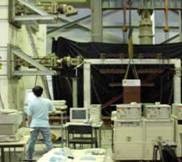
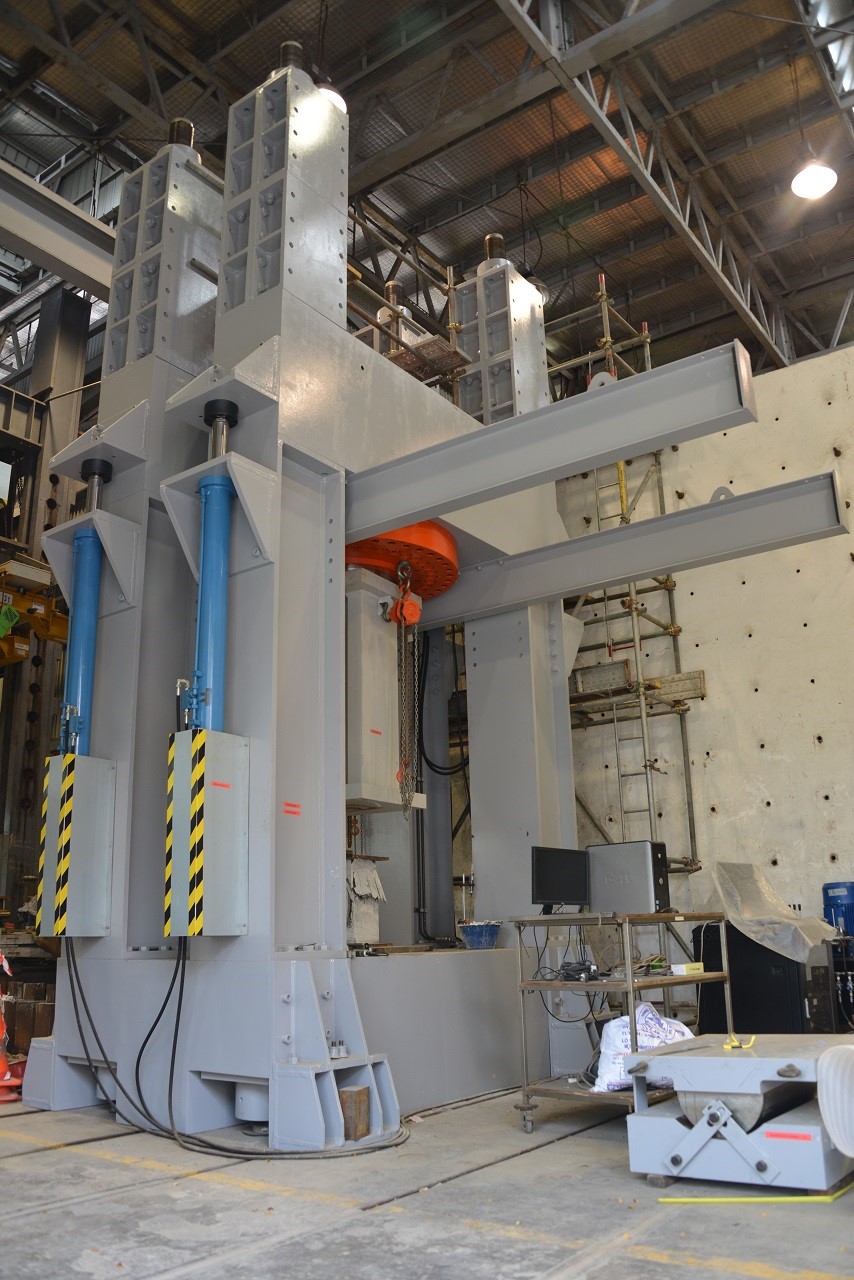
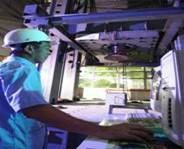
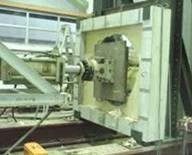
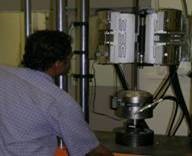
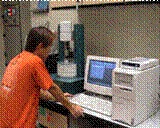
Location
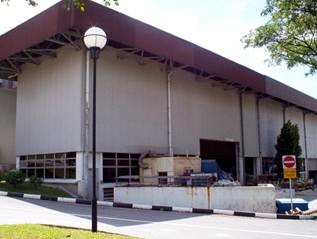
The Structural Engineering Laboratory is located at:
National University of Singapore
Department of Civil & Environmental Engineering
Structural Engineering Laboratory
EW1, 2 Engineering Drive 2, #01-01
Singapore 117576
Tel: (65) 6516 8305
Fax: (65) 6779 1635
Contact
If you require further information about the laboratories, please contact the following person
Stanley Wong Kah Wai
Tel: (65) 6516 8305
Email: ceewkw@nus.edu.sg


